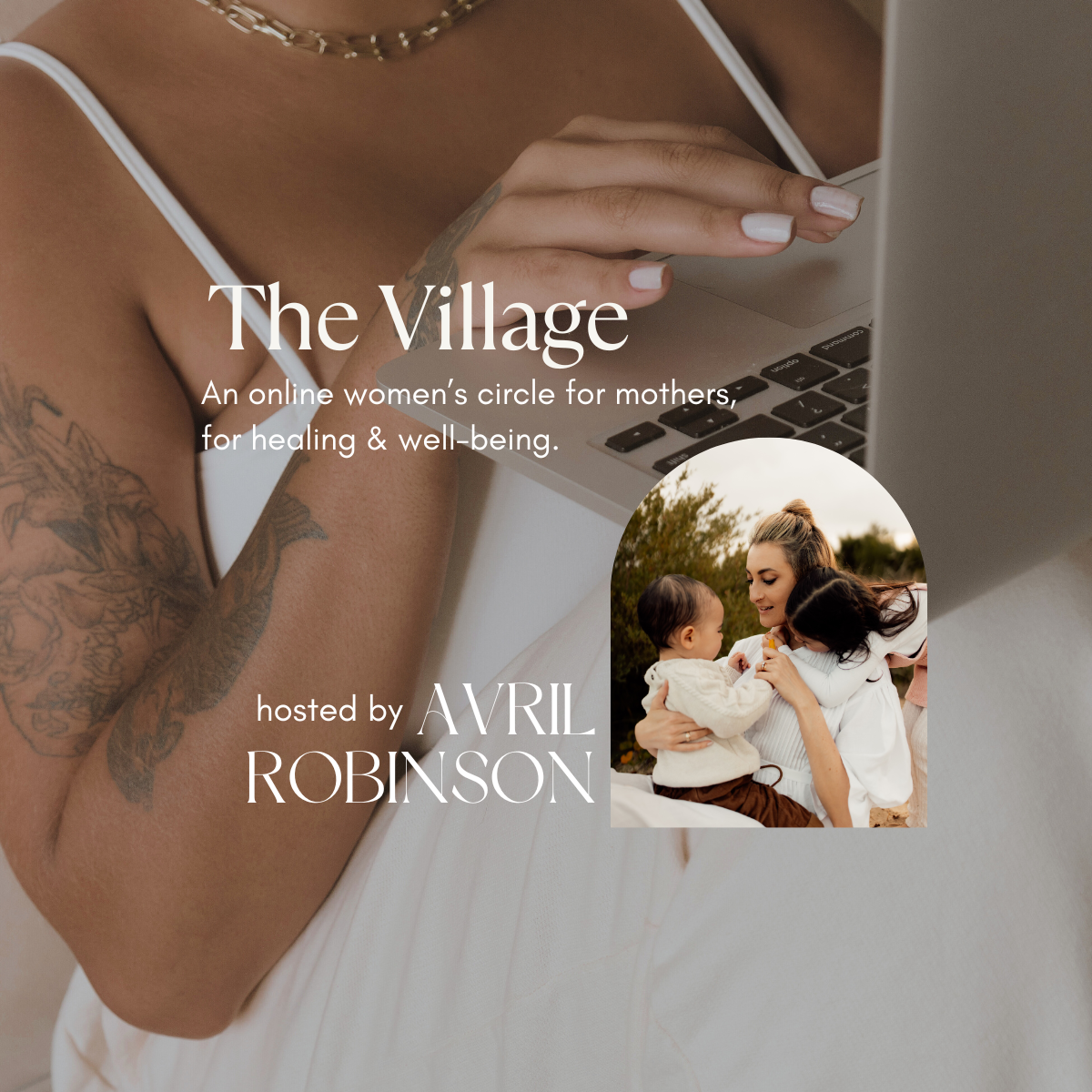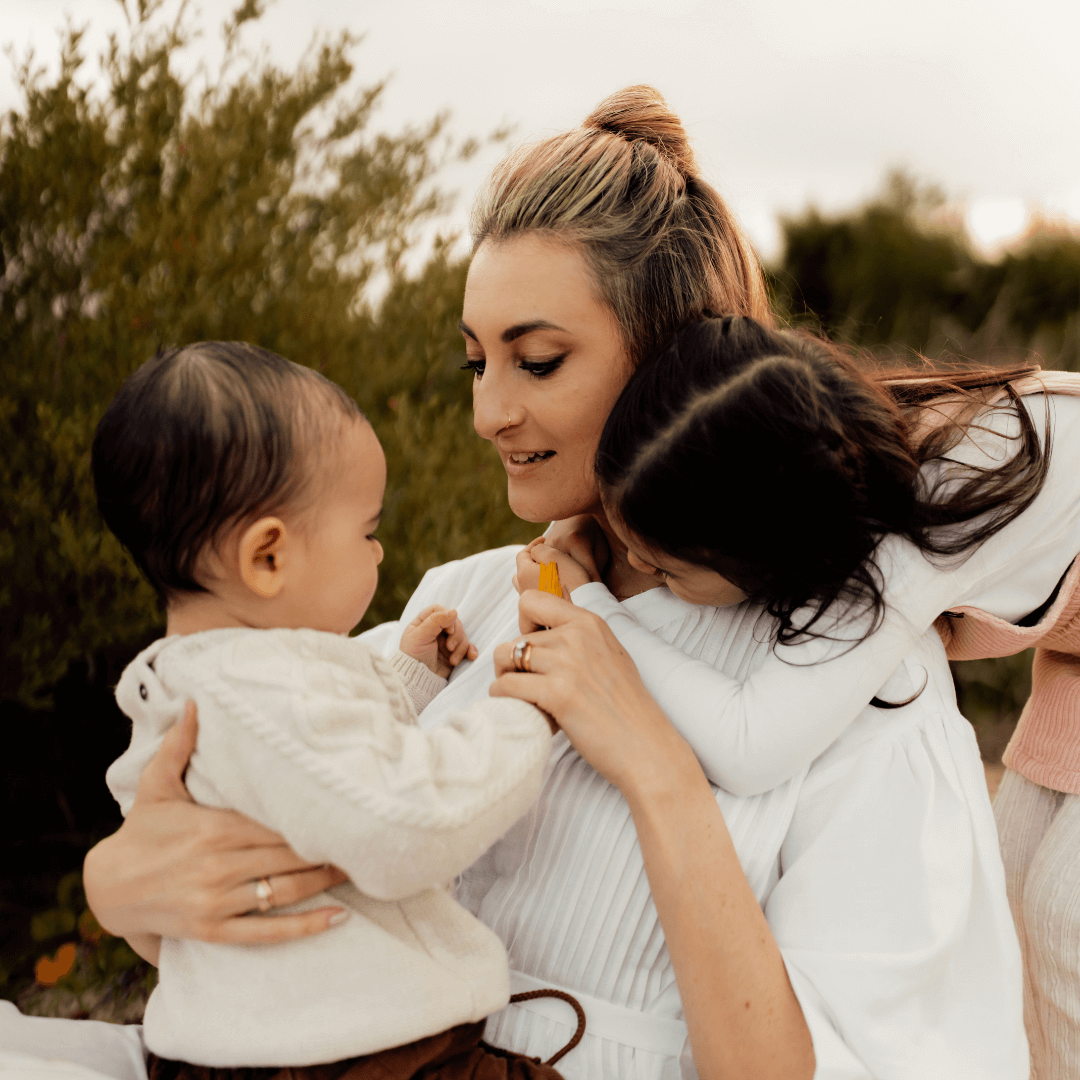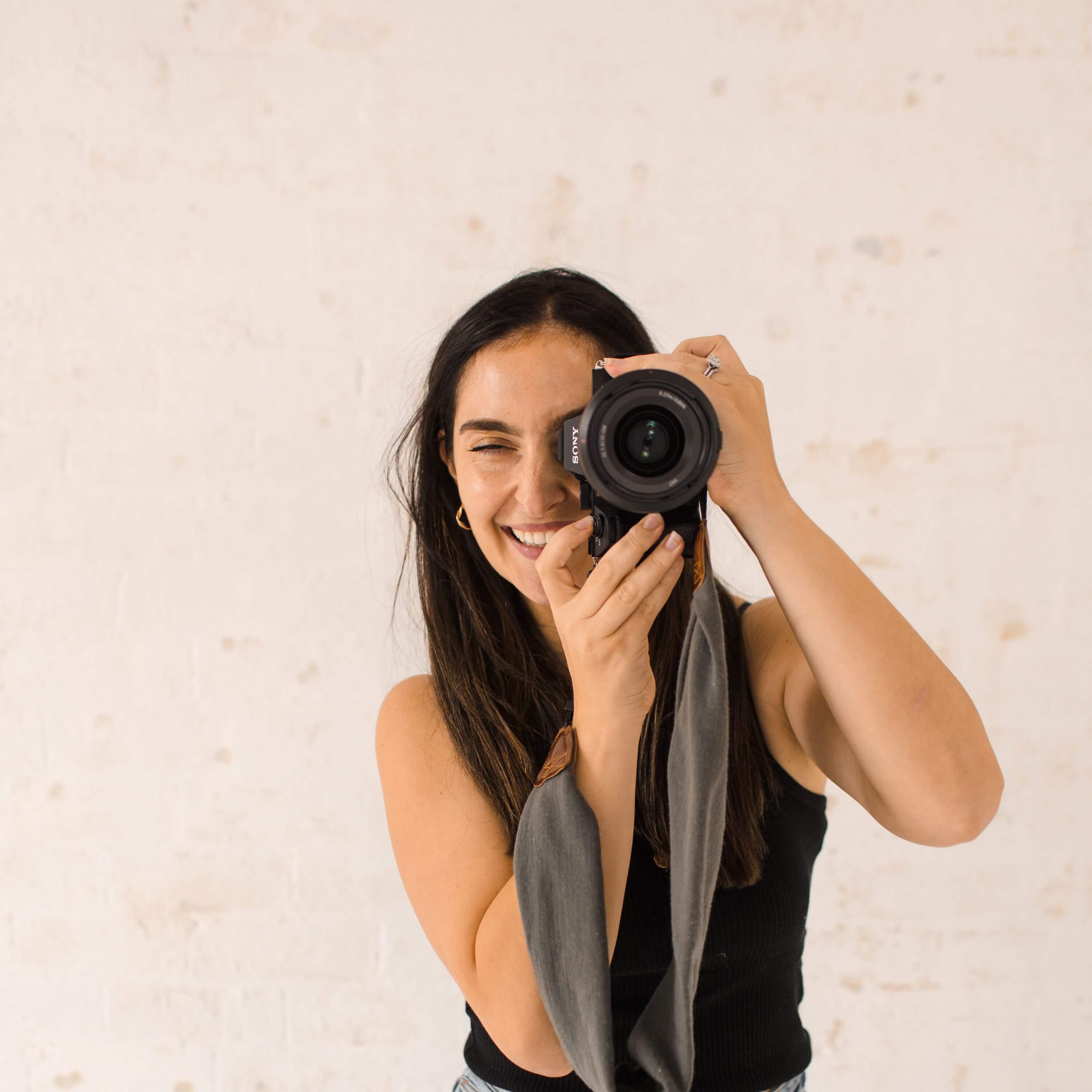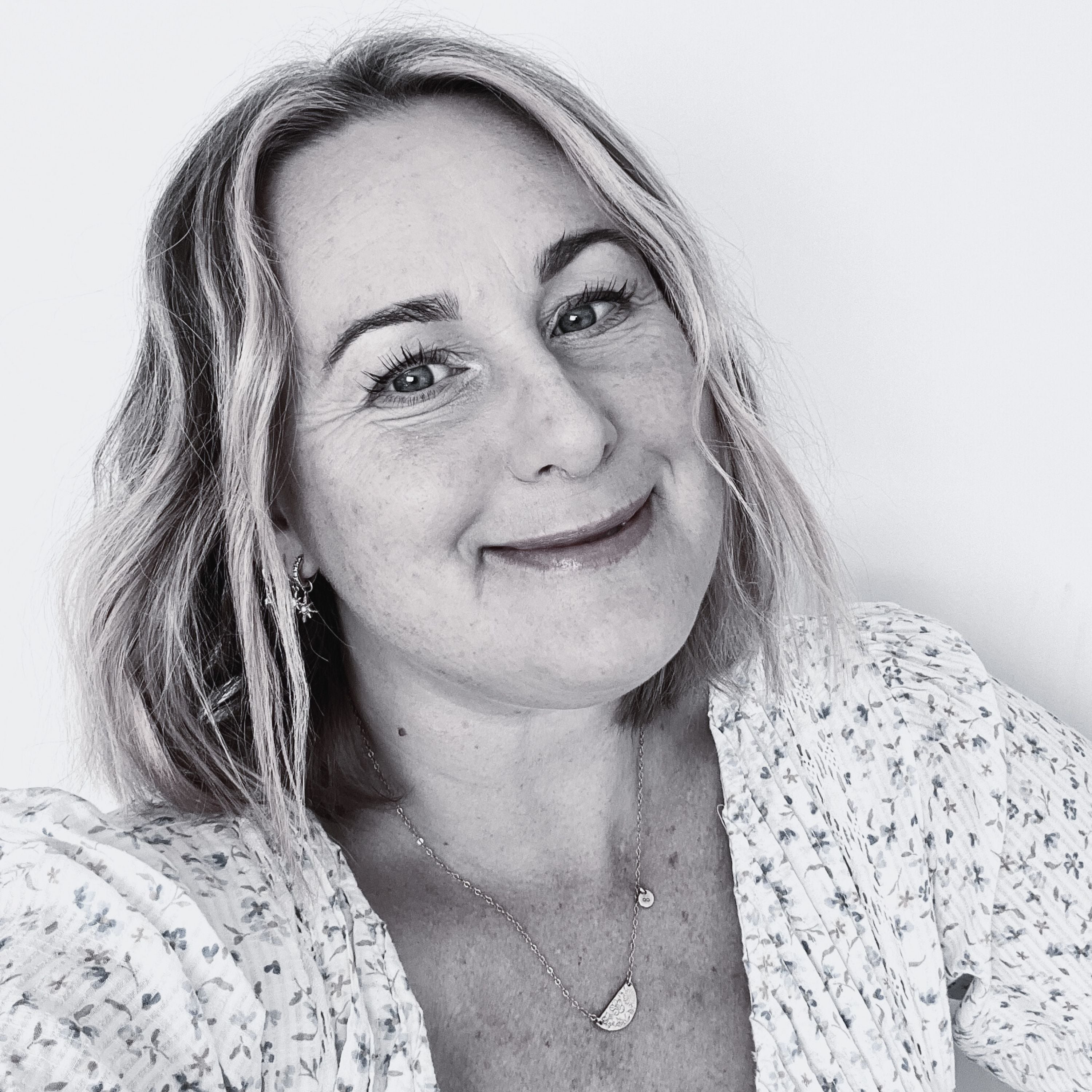I personally suffer from Endometriosis, which was only diagnosed when I had trouble conceiving. At the time I was torn with figuring out where I should focus my energy in order to conceive – Endo excision surgery, IVF or focusing on nutrition to conceive naturally, or a combination of the above? I felt ill-equipped to make this decision and was stressed about my biological clock ticking away.
I wish I knew where to turn for help and so, I hope that this interview with Nutritionist Monique Cormack assists those who are in the trenches (or just beginning) to research their fertility options.
Avril (LITM): What inspired you to specialise in Fertility, IVF and Pregnancy Nutrition?
Monique: I was already studying nutrition when I was confronted with my own fertility issues. We struggled to fall pregnant and I ended up going through multiple rounds of ovulation induction followed by two rounds of IVF. Experiencing the medical rollercoaster of infertility firsthand, I realised that people needed more support. Nutrition and lifestyle adjustments are things within our control that can positively impact our fertility... if only we are given the information about them! So, I decided that's what I wanted to do; help other people on their journey.
Avril (LITM): Whilst there is no single solution for everyone with Endo, do you have any general advice on where to start when trying to navigate Endometriosis and fertility?
Monique: Not everyone with endometriosis will have the same fertility experience. Unfortunately, it can be really tricky navigating between directly treating endometriosis lesions via surgery versus doing everything you can to preserve your egg reserve which may possibly be impacted by surgery. What is essential for endo is having a highly skilled surgical specialist who can explain to you the likely impact of surgery and help you decide whether any fertility preservation should take place prior to surgery. In terms of natural conception vs IVF, while many endo warriors will require fertility assistance, many will also fall pregnant without IVF. From a nutritional perspective, where I start with endometriosis is to reduce the chronic inflammation, improve egg quality and help clients manage their symptoms such as pelvic pain or digestive concerns. Then, alongside a client's medical team, I support clients in preparing for conception, often initially aiming for a natural conception (especially post-excision surgery) but also through IVF if it's required that we go along that path.
Avril (LITM): How do nutritional requirements differ between preconception, pregnancy and postpartum?
Monique: Nutritional requirements in terms of the overall eating pattern to follow are actually quite similar across all stages. Very broadly speaking I recommend a modified Mediterranean style eating pattern that focuses on key nutrients including folate, iodine, iron, omega 3, calcium and zinc to name a few.
However, it is true that we do tweak nutrition goals and specific nutrient targets depending on what stage you are in. For example, during preconception we may focus more on optimising your folate status and improving your egg quality with antioxidant nutrients such as zinc, selenium and vitamin C. During pregnancy we shift to keeping up your intake of nutrients like calcium and vitamin D to help with baby's growth. Postnatally, we focus on replenishing nutrient stores to help you thrive in motherhood.
Avril (LITM): What are your favourite foods to focus on in each of the above stages and why?
Monique: Oh goodness I have so many! Let me just choose a top 5 for each...
Preconception: oily fish, leafy green veggies, nuts & seeds, berries, legumes
Pregnancy: eggs, wholegrains like brown rice, oily fish (again!), loads of fresh fruit (often easier to get down than lots of veggies if you're feeling yucky), yoghurt
Postpartum: iron-rich foods like red meat and/or lentils, root vegetables, nuts & seeds, oats, and some dark chocolate for feel-good magnesium!
Avril (LITM): What nutrition (general) advice do you feel is most universally valuable for someone struggling with fertility and IVF?
Monique: Stop trying to avoid so many foods. Start thinking about what you can bring back in to nourish yourself, and prioritise eating well (as much as you can). By the time we hit the trenches of fertility struggles we are often wiped out, exhausted and seriously under-nourished. Everyone on social media is telling you to cut stuff out and most of the time this has no scientific basis. You need more nourishment, not less.
Avril (LITM): Apart from food, what other lifestyle factors would you recommend people consider when trying to conceive? (either naturally or alongside IVF)
Monique:
Movement. Regular exercise, something you love, improves body composition, promotes healthy blood flow and improves mental health
Reduce exposure to endocrine disrupting chemicals. Get a glass or stainless steel water bottle, don't heat up food in plastic containers, choose lower tox cleaning and personal care products.
Sleep. I'm absolutely guilty of staying up far too late and staring at my laptop. It's much easier said than done, but cultivate good sleep habits
Avril (LITM): What is one thing you want people to know when it comes to fertility and IVF specifically?
Monique: It's hard to choose just ONE thing. A few things come to mind...
...when it comes to IVF, or even fertility generally, the beginning may not go as you'd expect. There can be twists and turns, but you CAN still arrive at your happy ending.
...using nutrition and lifestyle strategies is one way to take back some control over your fertility journey.
...there's no such thing as a silly question, often we feel intimidated in medical situations but it's essential to communicate openly with your doctor and understand what's happening to your body.
...finally, you are perfect and your body is amazing. Infertility is not your fault, not in any way at all.
Avril (LITM): Are you able to share any inspirational anecdotes of fertility successes to give those who are struggling some hope?
Monique: There are plenty! I have had clients have their rainbow baby after recurrent loss and losing all hope. I have had clients go through multiple rounds of IVF, sitting at the point of donor conception, only to conceive naturally. I have had many, many clients who are fed up and exhausted from poor results from IVF, change their strategy and end up with significantly improved results and most importantly a baby in their arms. Most of the anecdotes I have to share are still woven with moments of heartbreak and sadness, but this just reflects the fact that pretty much no one's journey is 'perfect'. I'm continuously amazed by the strength of the people that I work with.
You can book a session with Monique via her website here.






